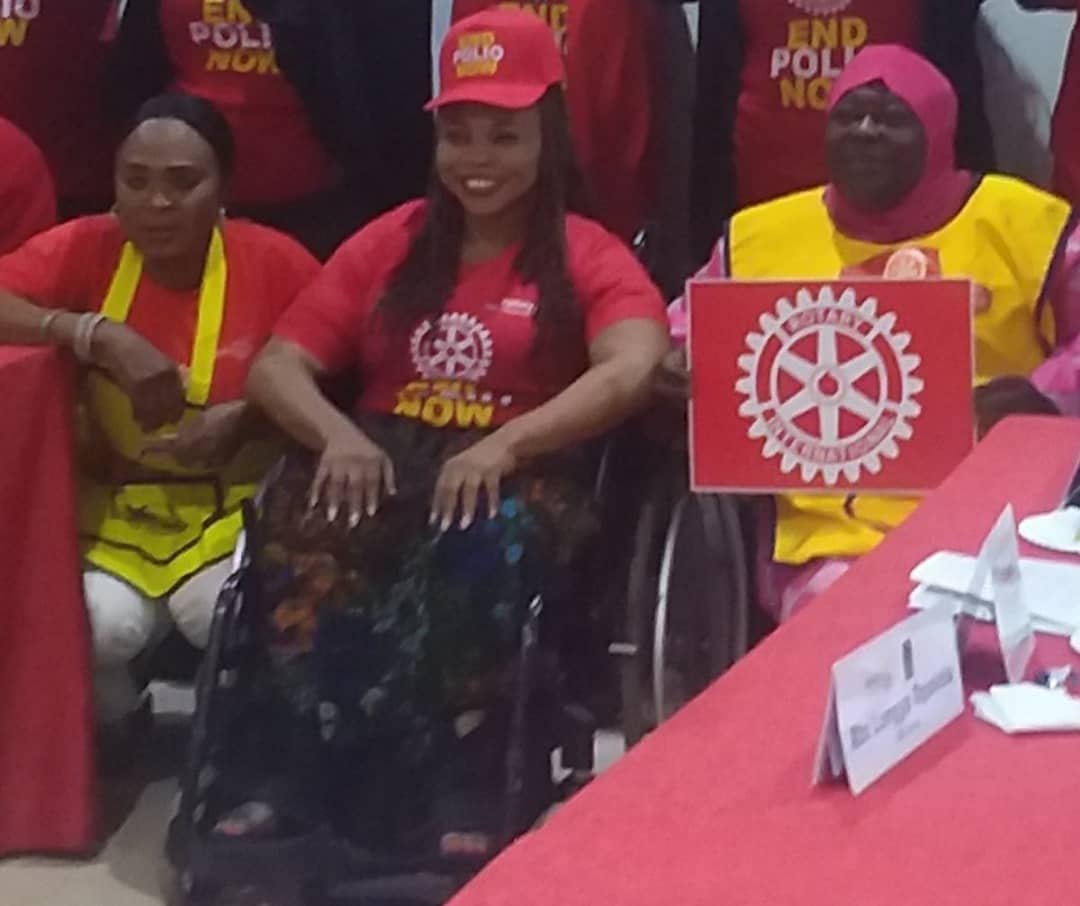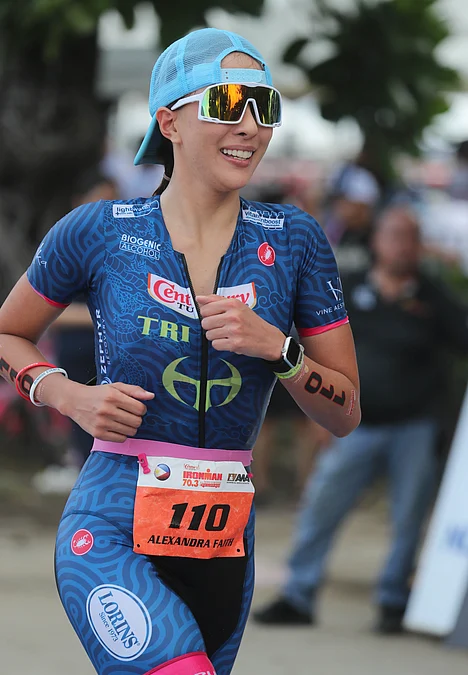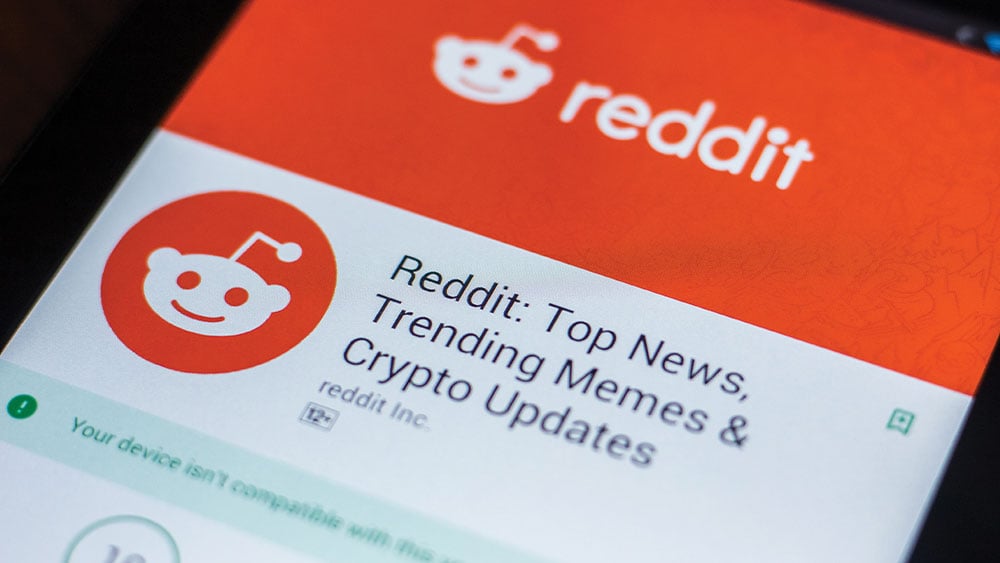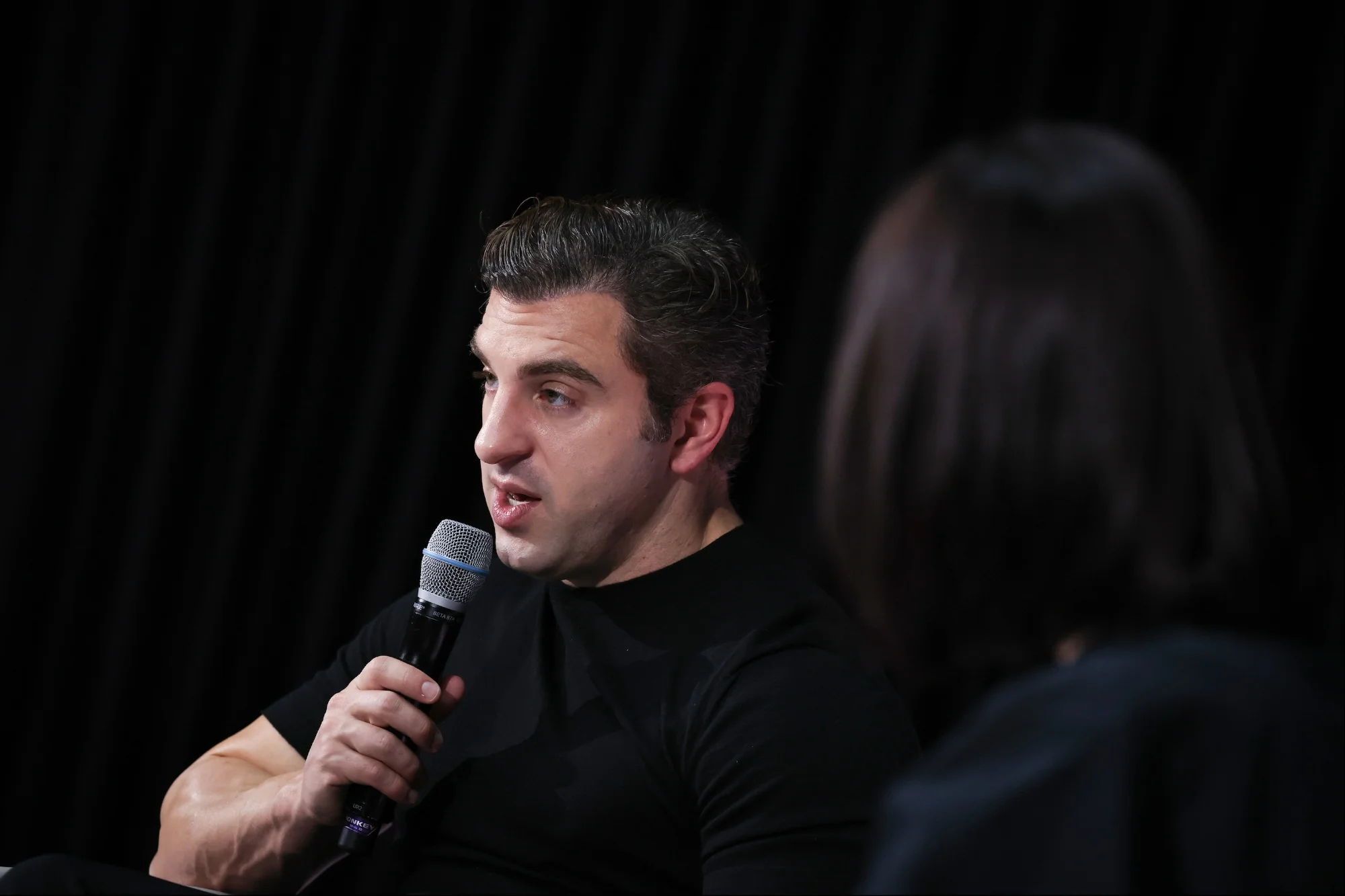By Collins Yakubu,Gami Tadanyigbe
Copyright sharpedgenews

By Collins Yakubu-Hammer
A polio survivor, Ms. Sussan Ihuoma, has called on all levels of government to establish systems that support rehabilitation, sustainable empowerment, and accessibility for polio survivors across Nigeria.
She made the appeal during an interview with the News Agency of Nigeria (NAN), on the sidelines of a Special Fellowship on Polio, organised by the Rotary Club of Abuja Central Business District.
Ihuoma, a Gender and Social Inclusion Advocate, proudly identified as a polio survivor for 44 years and said she championed inclusion wherever she found herself, especially for persons with disabilities.
“I call on the government to implement inclusive policies and systems that guarantee rehabilitation, sustainable empowerment, and accessibility for polio survivors, so they can live dignified and independent lives,” she said.
She acknowledged Nigeria’s progress in eradicating polio but stressed that survivors still lack adequate support systems to help them thrive beyond receiving mobility aids and basic assistance.
“Survivors need more than devices.We need rehabilitation, empowerment, and accessible housing. Many public buildings lack ramps, lifts, and other features that enable persons with disabilities to live freely.
“If these systems are in place, polio survivors will thrive as full citizens of our nation, Nigeria. We don’t want pity; we want opportunity and inclusion,” she said.
She also urged parents to ensure their children receive the free oral polio vaccine, warning that a simple drop can prevent the lifelong pain and disability caused by poliomyelitis.
“Why allow your child to suffer the effects of polio when prevention is free and available? Please, make sure your child is vaccinated early enough,” she advised.
Ihuoma identified systemic and infrastructural barriers as major issues survivors face, including lack of accessible health facilities, schools, worship centres, and public buildings without ramps or elevators.
“In health centres, people in wheelchairs can’t even be weighed properly.
“I often avoid drinking water when going out because most restrooms are not wheelchair accessible,” she lamented.
She pointed to challenges in inclusive employment, citing poor enforcement of the Disability Act, which mandated five per cent employment for persons with disabilities in both public and private sectors.
“We have a Disability Act, but who is monitoring its implementation? Many employers do not comply or even understand the importance of diversity and inclusion in the workplace,” she said.
Ihuoma also highlighted attitudinal barriers, where people with disabilities were often judged by appearance, rather than their abilities, talents, and what they could contribute to society.
She expressed her experience of being unemployed for 11 years in spite of holding three degrees, and excelling in online interviews, until appearing in person in her wheelchair changed outcomes.
“When they see the wheelchair, the conversation ends before it begins. No one bothers to ask what I can offer. That’s the danger of unconscious bias.
“Life is about diversity. Polio survivors are not burdens; they are mothers, daughters, uncles, and community members.
“We deserve the same rights, opportunities, and dignity as everyone else,” she said.
She called for increased advocacy and awareness, adding that true progress lay not only in ending polio but also in building an inclusive society where survivors led change and drove development. (NAN (www.nannews.ng)



